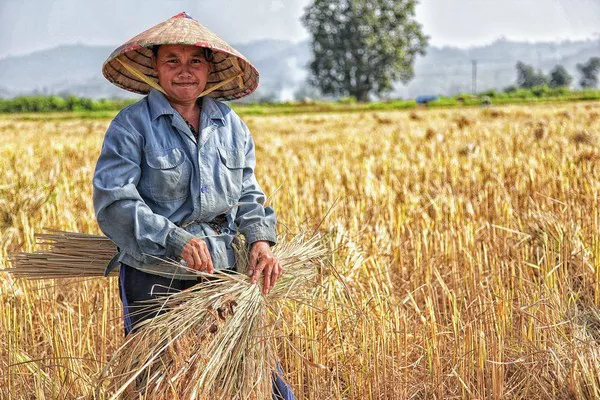In an effort to counteract the potential impact of dry weather and maintain stable prices, Philippine President Ferdinand Marcos Jr. has given the green light for the extension of reduced tariffs on rice and other food items until the close of 2024, as announced by his office on Tuesday.
Originally sanctioned in 2021, these modified rates had already been prolonged earlier this year due to escalating inflation rates. President Marcos emphasized the necessity for yet another extension until the conclusion of the upcoming year, asserting that the prevailing economic conditions demand the ongoing application of reduced tariff rates on rice, corn, and pork.
“The present economic condition warrants the continued application of the reduced tariff rates on rice, corn, and (pork)…to maintain affordable prices for the purpose of ensuring food security,” stated Marcos in a press release.
While inflation experienced a slight decrease to 4.1% in November, marking the second consecutive monthly decline, the average for the initial 11 months of 2023 stands at 6.2%. This figure significantly exceeds the Philippine central bank’s target range of 2%-4% for the year.
The extension of these modified tariffs is strategically designed to guarantee the accessibility of reasonably priced rice, corn, and meat products, particularly in light of the imminent El Nino dry weather phenomenon anticipated in the early months of the coming year. Furthermore, the ongoing threat of African Swine Fever adds complexity to the country’s economic landscape.
As outlined in the recently issued executive order extending the modified tariff rates, the tariff rate for rice will be maintained at 35%. Import levies on corn will persist at rates ranging from 5% to 15%, while pork products will continue to face import levies in the range of 15% to 25%. This decision underscores the government’s commitment to addressing economic challenges proactively and safeguarding the nation’s food security.

